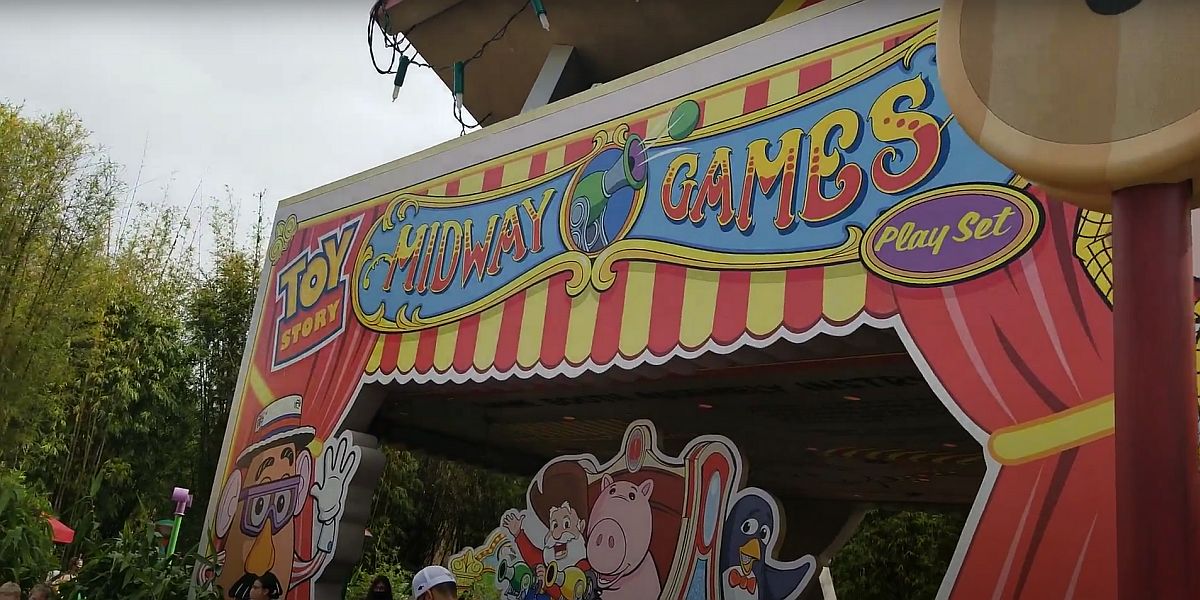How Disney World And Disneyland Can Really Improve The Virtual Queue System
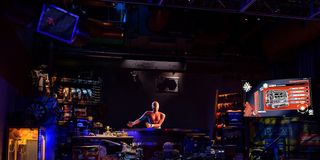
Waiting in lines at theme parks is part of what we all expect to do when we're there. Having said that, nobody likes waiting in lines, and even the parks themselves would rather some people be able to walk around the park, as it means more potential for spending money. Disney World and Disneyland have implemented various systems over the years to help reduce the amount of time people spend in lines. The most recent, used at the parks' newest attractions, is the virtual queue.
The system has been modified a few times since in launched with Rise of the Resistance in 2019, but there's still a lot of frustration with virtual queues, which could potentially be solved if one change was made: virtual queues should be implemented by lottery.
While I know this option won't be popular with everybody, until such time that an actual standby line is implemented at attractions with virtual queues, it's the fairest way to decide who gets a slot in virtual queues. The current system, even with its most recent change (which does help), still ultimately favors some people over others, and a lottery would at least level the field.
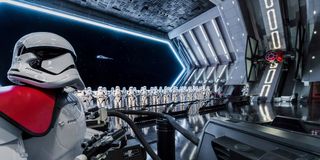
How Disney's Virtual Queue Works
Rise of the Resistance at Disneyland and Disney's Hollywood Studios, as well as the new Spider-Man attraction at Disney California Adventure, both use the virtual queue system. The way it works is at 7 a.m., guests can use the appropriate Disney Parks app to attempt to get a slot in a virtual queue. You select the ride you want to join, hit a button and pray. Slots tend to go almost instantly, meaning many people who try to get a spot will fail. Those people will then have a chance in the early afternoon to try again using the same process.
Recently a change was made that allows groups to confirm who will be joining the virtual queue up to an hour before the boarding groups go live, taking one step out of the queue process and speeding it all up for everybody. This is a good change, but it's not quite enough because it doesn't ultimately fix the biggest problem with virtual queues, which is that not everybody actually has equal access to them.
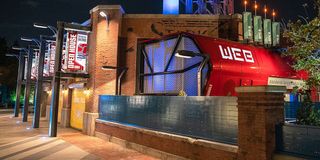
Virtual Queue Access Is Not Equal
Part of the idea of virtual queues is that today everybody has a smart phone, and thus, anybody can attempt to get access to the virtual queue. The problem is that it isn't really the case. To get a boarding group, you need to have fairly fast reflexes to be able to hit those buttons as quickly as possible. You also need to have a good smart phone, with a good wireless or Wi-Fi connection, and you can't always count on those things.
During a recent trip to Disneyland Resort, both my wife and I tried to access the virtual queues for both Rise of the Resistance and WEB-SLINGERS: A Spider-Man Adventure. I had tried to get a boarding group in the morning for Spider-Man and utterly failed. In the afternoon we both tried, and she got one easily. The next morning we both tried for Rise, and not only did she score again, she got one of the first groups, so we basically walked from the Disneyland gate straight onto the attraction.
CINEMABLEND NEWSLETTER
Your Daily Blend of Entertainment News
Now I can't know for certain how her reflexes compared to mine, but I do know that we both have the same model phone, except hers is two generations newer. Both the processing speed of the phone itself and its wireless connection are faster, and I'm confident this is at least part of the reason that she was more successful in getting a boarding group.
Not everybody has access to the newest model phone. When speed is important, your physical speed of pressing buttons is not going to mean much if your phone can't load the next webpage as fast as somebody else. And even if quick reflexes was all that mattered, having a chance to get on the newest ride in a theme park shouldn't be strictly limited to those that can tap their phone faster than everybody else.
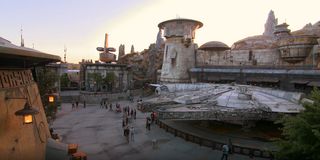
Why A Virtual Queue Lottery Works
By turning the virtual queue process into a lottery, it makes the system simple and fair. Just as the parks are doing now, i.e. having guests confirm their boarding group party an hour before distribution of the boarding groups, the parks could simply use this time to have people submit their request for a boarding group. It could even be done earlier, when park reservations are made, but let's keep it simple and say the day of in case people's plans change.
Then, at 7 a.m., when people are currently trying to get a boarding group, they are informed via the app if they received one, and what their group number is. Anybody who does not get a boarding group is automatically in the lottery for the afternoon groups. Meanwhile, anybody who didn't enter the first lottery can still join the second. If we wanted to give priority to those that lost out on the earlier group, that could conceivably be done.
While a lot of people won't like this idea, and I understand that, it levels the playing field for all guests equally. Whether you're an Annual Pass holder or a family making a once in a lifetime trip, you have an equal chance to get on the ride you want to get on. Nobody needs to worry about having the chance to get a boarding group. Nobody is going to feel like they missed out because they simply weren't fast enough.
There will obviously still be people who want on an attraction that won't be able to do so, but that's happening now, and it's frustrating. Taking it out of guests' hands also has the potential to make entire process not only more fair, but less stressful. You won't need to worry about having a decent internet connection. Win or lose, you know you had a decent shot, just like everybody else.
Maybe if rides like Rise of the Resistance ever actually get standby lines, we can implement other procedures. At least then people can guarantee they will get a chance to ride, even if it takes hours. Until then, everybody deserves an equal chance at a magical theme park experience.
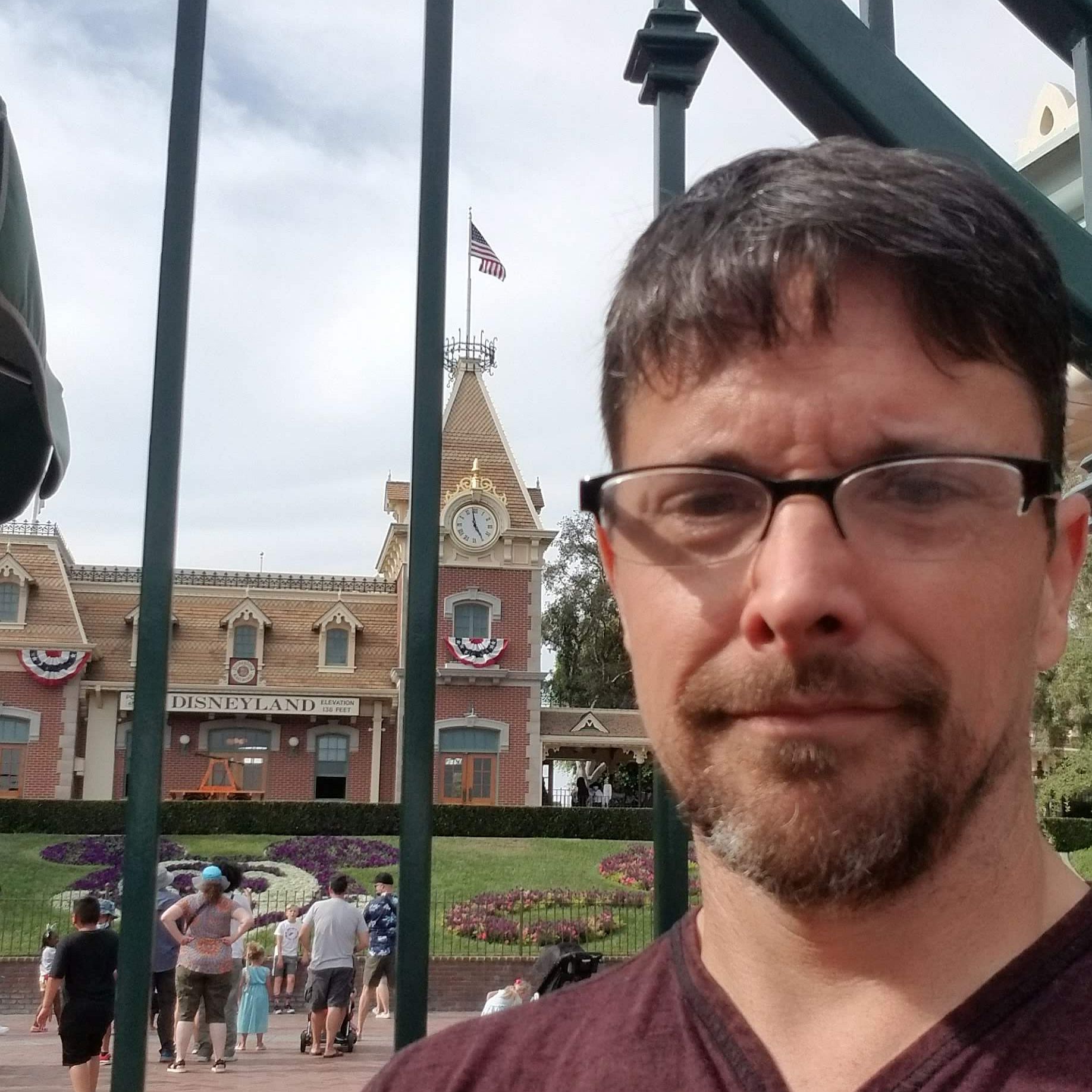
CinemaBlend’s resident theme park junkie and amateur Disney historian, Dirk began writing for CinemaBlend as a freelancer in 2015 before joining the site full-time in 2018. He has previously held positions as a Staff Writer and Games Editor, but has more recently transformed his true passion into his job as the head of the site's Theme Park section. He has previously done freelance work for various gaming and technology sites. Prior to starting his second career as a writer he worked for 12 years in sales for various companies within the consumer electronics industry. He has a degree in political science from the University of California, Davis. Is an armchair Imagineer, Epcot Stan, Future Club 33 Member.
Most Popular







